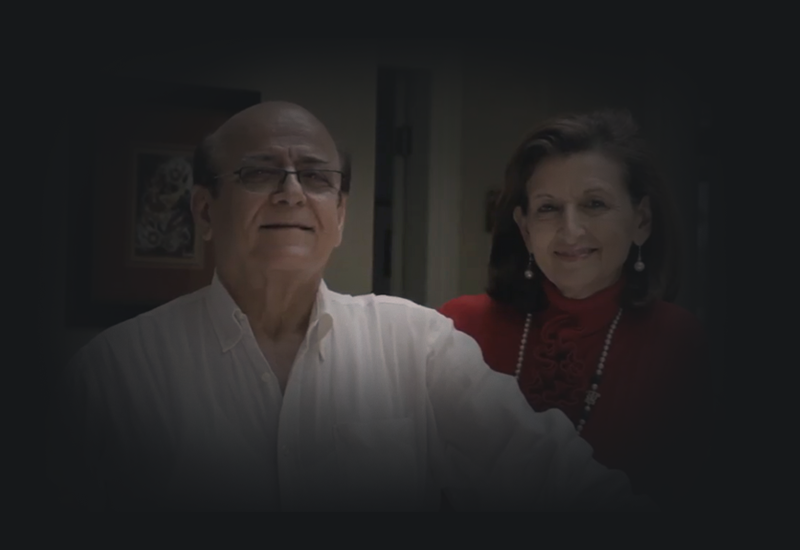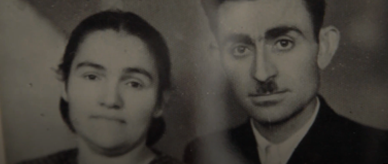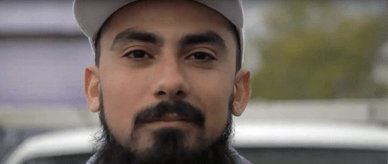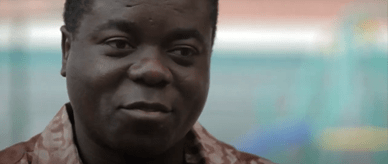Joseph Assaf migrated to Australia from Lebanon in 1967 at the age of 22 with no money, no family and no knowledge of English. He was seeking adventure and a new life.
Joseph has become a pioneer of multicultural communication, founded the Ethnic Business Awards and written an autobiography In Someone Else’s Shoes.




